Dedan K. Bruner does not profess to be an expert on fatherhood, but he has become adept at crowdsourcing insights on the topic of how to be a better dad.
In January 2019, he launched On Fathering, an online resource that celebrates the journey of fatherhood by drawing on the stories, tips, and ideas of everyday dads.
Bruner, 43, shared his own story last year in a compelling essay for the New York Times titled, “What Kind of Father Will You Be?”, in which he chronicles his path from growing up without a father to stepping into fatherhood.
A Californian by birth, Bruner is an attorney and single dad who actively co-parents with his daughter’s mother. He now lives in Washington, D.C. where he works as a mediator. He recently sat down with Fatherhood@Forty to kick off our Five Questions interview series.
Describe your father or the father figure who most influenced you. What did they teach you about life?
I use the saying, “Some people learn from the model, I learned from the mold.” My best friend’s father was what I call a public dad. Mr. Muhammad was his name, Raheem Muhammad. He was an incredible father. He had five kids of his own, so he had plenty of his own responsibilities and obligations, but he was always giving advice. His door was open to anyone.
Just to see him being an active and engaged father was really valuable to me. He was a tall man. Maybe 6′2″. He seemed like a giant figure. Very quiet-spoken, wore glasses. He was a carpenter. He had his own construction business and was really, really smart. The type of guy who was always building things. I never heard him raise his voice. I never heard him yell. He just always seemed calm. Just a model of thoughtful, respectful stature.
“Fatherhood is an opportunity to pour into the world. I get to pour into my nine-year-old daughter, Ella, patience, and compassion, and love. All of the things I wish there were more of.”
I want to share this: he was a Muslim. That’s important to me because I was Christian, and I still am. I’d be over their house for a cookout or for a meal. Whenever he blessed the food, he blessed the food in a way that welcomed everybody to his table. I didn’t know much about his religion, but he seemed to be the type of person who wanted to bring people closer together as opposed to use faith as something to divide us, and I always have a lot of respect for that.
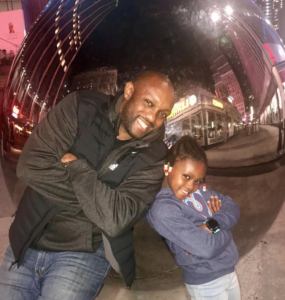
Now that you’re a father, what does fatherhood mean to you?
I really believe that fatherhood is an opportunity to pour into the world. I get to pour into my nine-year-old daughter, Ella, patience, and compassion, and love. All of the things I wish there were more of. Fatherhood is an amazing opportunity to explore life as an adult because it makes you more introspective, but it also takes you back to your childhood because you think about where you were at a certain time and those things you wish you had.
What advice would you give to your younger self?
If I could go back to my 20s, I would tell myself, “Just trust your gut more. You have a good sense of things or at least you have an idea. Build trust in yourself as opposed to listening to what other people say.”
I’ll give you an example as it pertains to relationships. I used to think that two smart people in love would figure it out. The reality is there could be two great people that just aren’t great for each other. It doesn’t diminish either person. To keep at it and to keep pushing when something inside you tells you, “This isn’t for you,” or this is harming this other person even if they say they want to be here. You know when it’s not right, and there were times where I hung in there past the point where it was beneficial to either of us.
So what’s been the greatest challenge you’ve faced, and how did you overcome it?
The reality is I don’t know what fatherhood looks like. I know what I want it to look like. Like I said, I had some amazing fathers around me, but I don’t know what it looks like at three o’clock in the morning. Those are the times when our patience is worn. And so the challenge has been building this fatherhood journey from scratch, and realizing, “You know what? These are your dreams and not necessarily hers.”
If I could go back to my 20s, I would tell myself, “Just trust your gut more…Build trust in yourself as opposed to listening to what other people say.”
My daughter’s in chess. I want her to play chess for all the reasons that any kid plays chess. To develop their mental acuity, to do better in math, the discipline, think three, four steps ahead. She hates it. It is almost like punishment for her to go. She asked me, “Why is it that you want me to do chess?”
Now, here’s the crazy thing. I didn’t even realize I met my grandfather, my father’s father, one time before he passed. That afternoon when we met, he taught me how to play chess. I’m not a great chess player. I know the rules, but the reality is it’s the only connection I have [to my grandfather]. That’s one of the reasons why it was so important, besides the bullet point reasons. If it’s something that she’s interested in, but it’s hard, then let’s figure it out. But I don’t want to punish her because she’s living through my fantasy or my dream.
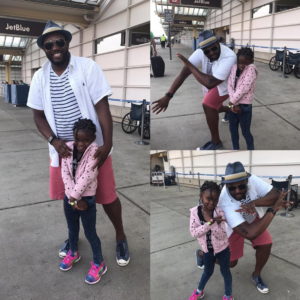
There are many uncertainties in life. What do you know for sure?
Without any equivocation, I know that the time I spend with my daughter is well-invested, and not about who she’ll be 20 years from now or whatever her profession will be. I just know that every moment that’s spent with her is multiplied over in happiness, in satisfaction, and value for me and for her.
— An edited transcript published March 28, 2020
— Photos courtesy of Dedan Bruner
Learn more about Bruner’s web hub for fathers at OnFathering.com
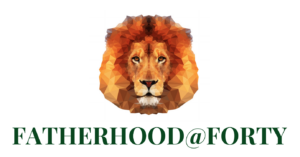
1140 words



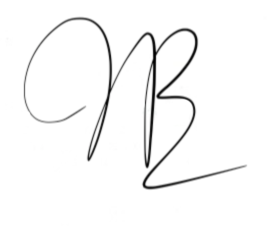
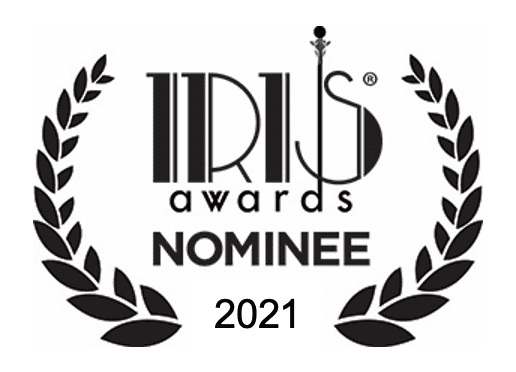
Leave a Reply